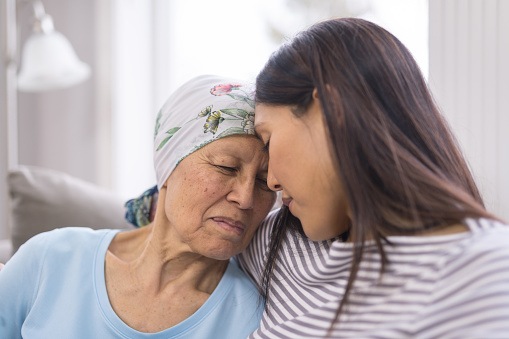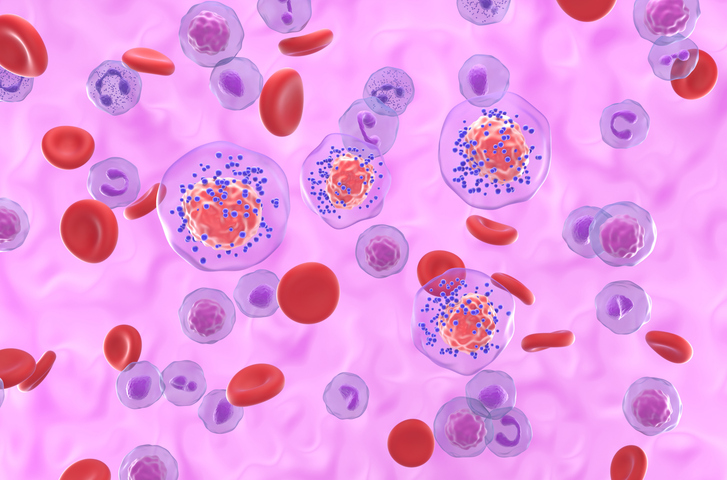
The efficacy of immune checkpoint blockage therapy (ICB) in treating triple negative breast cancer (TNBC) may vary with age, according to the results of a study published in Cancer Discovery.
Although most breast cancer patients are older than 60, most clinical trials tend to enroll younger patients. Given that aging is linked with significant changes in the immune system, it remains equivocal whether ICB benefits older patients. “Your immune system changes dramatically as you age, but no one has looked at how age affects the efficacy of this new class of drugs in breast cancer,” said co-first author Greg Goreczny, PhD, a postdoctoral fellow in the Brigham’s Hematology Division in a press release. “Because there are so few older patients enrolled in clinical trials, not enough is known about the effect of age on ICB therapy. Our initial question was whether ICB therapy would benefit all ages equally or have a greater benefit to some ages than others.”
In this study, researchers from Brigham and Women’s Hospital, the Dana Farber Cancer Institute, and Harvard Medical School conducted preclinical animal-model studies utilizing younger and older mice with TNBC. They injected TNBC cell lines into young mice, aged 8 to 12 weeks, and old mice, aged 12 to 15 months. Subsequently, once the mice formed perceptible tumors, the researchers administered four doses of one of two ICB drugs — anti-PD-L1 or anti-CTLA-4 antibodies. After injecting a control group with antibodies, they assessed tumor growth over time.
Age Reduces Treatment Responsiveness
According to the results of the study, the young mice experienced a perceptible reduction in tumor growth and better overall survival rates in response to treatment juxtaposed to those in the control group. Moreover, the researchers observed that immunotherapy treatment did not significantly benefit the aged mice, suggesting that age plays a notable role in therapy response. Furthermore, the research team combed the METABRIC database, which includes data on tumor samples from patients with TNBC. They observed that gene markers that predicted responsiveness to ICB in the young mice were prevalent in younger patients, but not in older ones.
Preclinical study reveals the impact of #age on immunotherapy treatment for breast #cancer @brighamwomens https://t.co/um82DRaXvF
— Medical Xpress (@medical_xpress) September 6, 2019
“Assessing the immune changes that occur with age could be a new way to think about immunotherapy,” said corresponding author Sandra McAllister, PhD, an associate scientist in the Brigham’s Hematology Division. “Immunological age might not be the same as chronological age. We’re beginning to understand the markers of immunological age, and this opens up the possibility of using it to guide treatment decisions in the clinic.”
Preclinical study reveals the impact of age on immunotherapy treatment for breast cancer – SCIENMAG https://t.co/8qur0ob2L4
— Wafik S. El-Deiry, MD, PhD, FACP (@weldeiry) September 7, 2019
Preclinical study reveals the impact of age on immunotherapy treatment for breast cancer https://t.co/dw79Rn9W98 via @BrighamWomens @EurekAlert
— Dr Diego Mpia Elenge (@arztdiego) September 7, 2019







 © 2025 Mashup Media, LLC, a Formedics Property. All Rights Reserved.
© 2025 Mashup Media, LLC, a Formedics Property. All Rights Reserved.